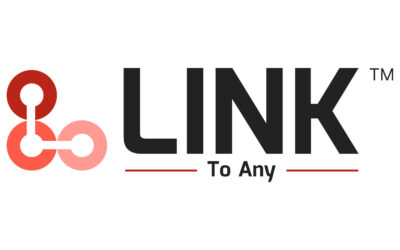In today’s fast-paced digital environment, seamless integration isn’t just a luxury – it’s a necessity. Every piece of software, whether in the realms of e-commerce, finance, or project management, must easily intertwine with others. Inefficient integrations lead to operational bottlenecks and missed opportunities, driving businesses to search for streamlined solutions. And for companies aiming to stay ahead, embracing app connectors is key.
Integration platforms play a crucial role in connecting different software applications. But let’s delve deeper into how app connectors specifically empower this.
App connectors: the unseen workhorses
App connectors function as the translators between different software languages. Imagine two best friends who speak different languages. They might have lots to share but can’t understand each other. An interpreter (app connector) steps in, ensuring they communicate seamlessly.
In the tech world, software applications often speak different languages due to diverse coding platforms, architectural choices, and data formats. App connectors ensure that, despite these differences, software apps can share data and functionalities.
Why app connectors matter more today
- Complexity and diversity of apps: With the proliferation of niche software solutions tailored for specific industry needs, ensuring they work together has become vital. App connectors ease this process, making integration faster and more efficient.
- Hybrid IT environments: Many businesses operate in hybrid environments, combining on-premises systems with cloud solutions. App connectors ensure that data flows seamlessly between these diverse platforms.
- Rapid deployment: Companies no longer have the luxury of waiting for prolonged integration phases. They want solutions that can be quickly deployed. Ready-made app connectors facilitate this, shortening the time-to-value.
Challenges in the landscape
While app connectors have facilitated smoother integrations, challenges persist:
- Custom needs: Not all businesses operate the same way, and sometimes generic app connectors may not address specific needs. There’s an increasing demand for custom connectors tailored for unique business processes.
- Evolving software updates: With software apps constantly updating and adding features, maintaining up-to-date connectors is crucial.
- Security concerns: As connectors access multiple software solutions, ensuring data security and compliance across these touchpoints is paramount.
The future of integrations
As the digital landscape continues to evolve, integration connector platforms must remain agile. Artificial intelligence and machine learning can further automate integration processes, predicting potential challenges and auto-correcting them.
In conclusion, as businesses become increasingly reliant on a diverse suite of software applications, the need for effective and efficient integration will only grow. App connectors, as part of broader integration strategies, are vital cogs in ensuring that these software connector solutions work in concert. Business leaders and decision-makers must understand and harness the power of these connectors to drive operational efficiency and remain competitive in the market.





































